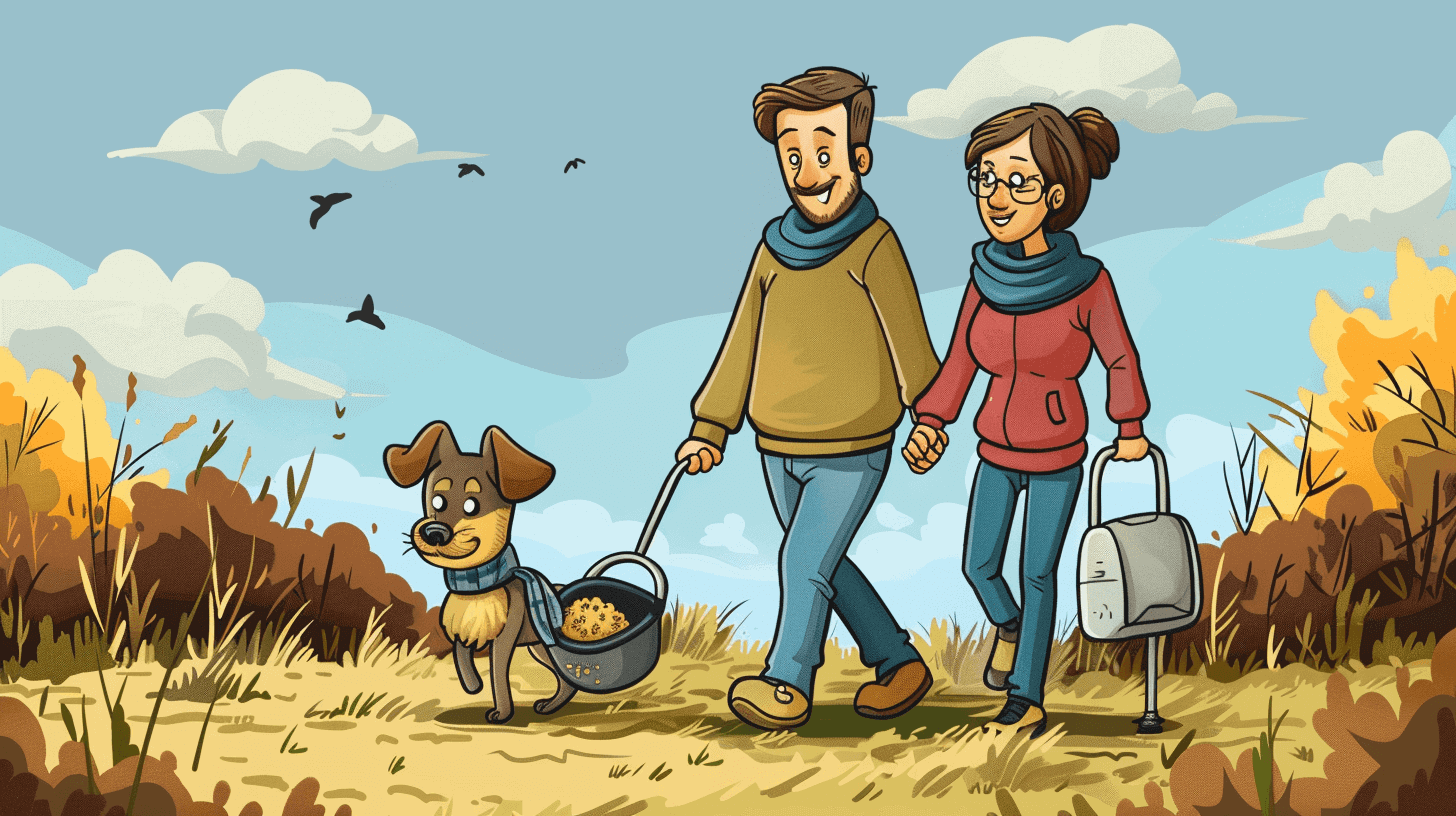Leftover pizza is good. Leftover pet poo is bad.
Leaving pet waste unattended isn’t just a matter of manners; it poses significant health hazards to both humans and animals alike.
Beyond the unpleasantness of stepping on it, pet waste can spread diseases and parasites that pose risks to public health and the environment.
With reminders to clean up after pets becoming more prevalent, it’s essential to understand the serious implications of neglecting this responsibility.
Julia Wuerz, a small-animal primary care veterinarian states, “I encounter the consequences of pet waste contamination daily. Feces serve as potential sources of zoonotic hazards, meaning they can transmit diseases from animals to people.”
Hookworms, roundworms, coccidia, and more!
Common parasites found in pet waste, such as hookworms, roundworms, coccidia and whipworms, can pose significant health risks to humans and animals alike. The dangers extend beyond the immediate vicinity, with waste left on sidewalks, trails, or in dog parks capable of spreading parasites to wild animals and people of all ages.
A study in 2020 found intestinal parasites present in a staggering 85% of off-leash dog parks across the United States, underscoring the widespread nature of this issue.
Human infections caused by soil-transmitted parasites are relatively uncommon in the United States but remain prevalent globally, affecting an estimated billion people.
These parasites can enter the human body through contact with contaminated soil or accidental ingestion, leading to a range of health issues, including anemia, malnourishment and, in severe cases, blindness.
In addition to the risks posed to humans, pets are also susceptible to parasitic infections transmitted through waste. Dogs and cats can develop symptoms similar to those experienced by humans, including anemia and malnutrition.
Fido’s poop is indeed a biohazard!
Furthermore, unattended pet waste may harbor viruses such as parvovirus, distemper virus and canine coronavirus, which can cause life-threatening illnesses in other animals.
The impact of irresponsible pet waste management extends to wildlife as well, with many species susceptible to the same parasites and viruses as domestic pets. Animals such as coyotes, foxes, raccoons and bobcats are at risk of contracting diseases like parvovirus and distemper, particularly in areas where vaccination rates are low.
To minimize the spread of disease and protect public health, responsible pet waste management practices are essential. This includes promptly picking up pet waste and properly disposing of it in sealed bags. It’s crucial to avoid direct contact with waste and to wash hands thoroughly after handling it to prevent the transmission of parasites and viruses.
Regular testing and deworming of pets for intestinal parasites, along with maintaining a clean environment, are vital steps in preventing the spread of disease. Additionally, covering sandboxes when not in use and closely monitoring outdoor areas where pets may defecate can help minimize the risk of exposure to parasites and viruses.
By taking these proactive measures, pet owners can play a crucial role in safeguarding public health and protecting the environment from the harmful effects of pet waste contamination. Responsible pet waste management is not just a matter of courtesy; it’s a vital step in ensuring the well-being of communities and ecosystems alike.
Brown? Green? Or some other color? It does not matter! Just bag it and toss it! Let us know if you have a fun way of cleaning-up after your pet. We’d love to hear from ya! Shoot us a note! Or drop a comment on this article or any others that flush your senses.
